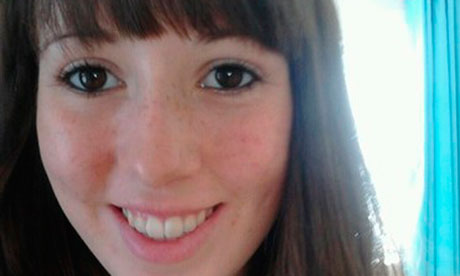
When people talk about self-publishing, it's common to hear words such as "revolution" and "democratising". Normally, I'd be wary about throwing around such momentous terms, but here I think they're almost warranted. Book industry insiders forget that publishing can seem like a closed shop to those without connections or confidence. Now, a Welsh schoolgirl can sign up to Wattpad and suddenly have millions of fans around the world, closely followed by a three-book deal with Random House.
But as any self-published author will tell you, usually at great length, success stories, like Beth Reekles's The Kissing Booth, are rare. To get noticed, you either need to be very lucky or spend every waking hour manically self‑promoting.
Apple's iBookstore has come to the aid of aspiring writers with a new section, Breakout Books, devoted to self-published titles. Barnes & Noble and Kobo have similar categories; Amazon does not.
"Discover emerging authors at great prices" promises an email from the iBookstore. "Browse some of our favourite titles from rising stars in this hand-picked collection of independently published books." Except "hand-picked" turns out to mean books with high customer ratings and high sales. The usual selection of soft porn and mediocre crime.
I find it very unlikely that someone looking for their next read would think: I want something by a self-published author. It would be like logging on to iTunes to buy some music and selecting, instead of rock/pop, a category called "songs recorded in people's bedrooms".
So who benefits from promotions like this? Apple, of course: the books are temptingly priced. Self-published writers (well, the ones who have already built up a following). Publishers, I suppose, could use it to sign up tried-and-tested authors. But let's stop pretending that the self-publishing revolution has the reader's best interests at heart.

